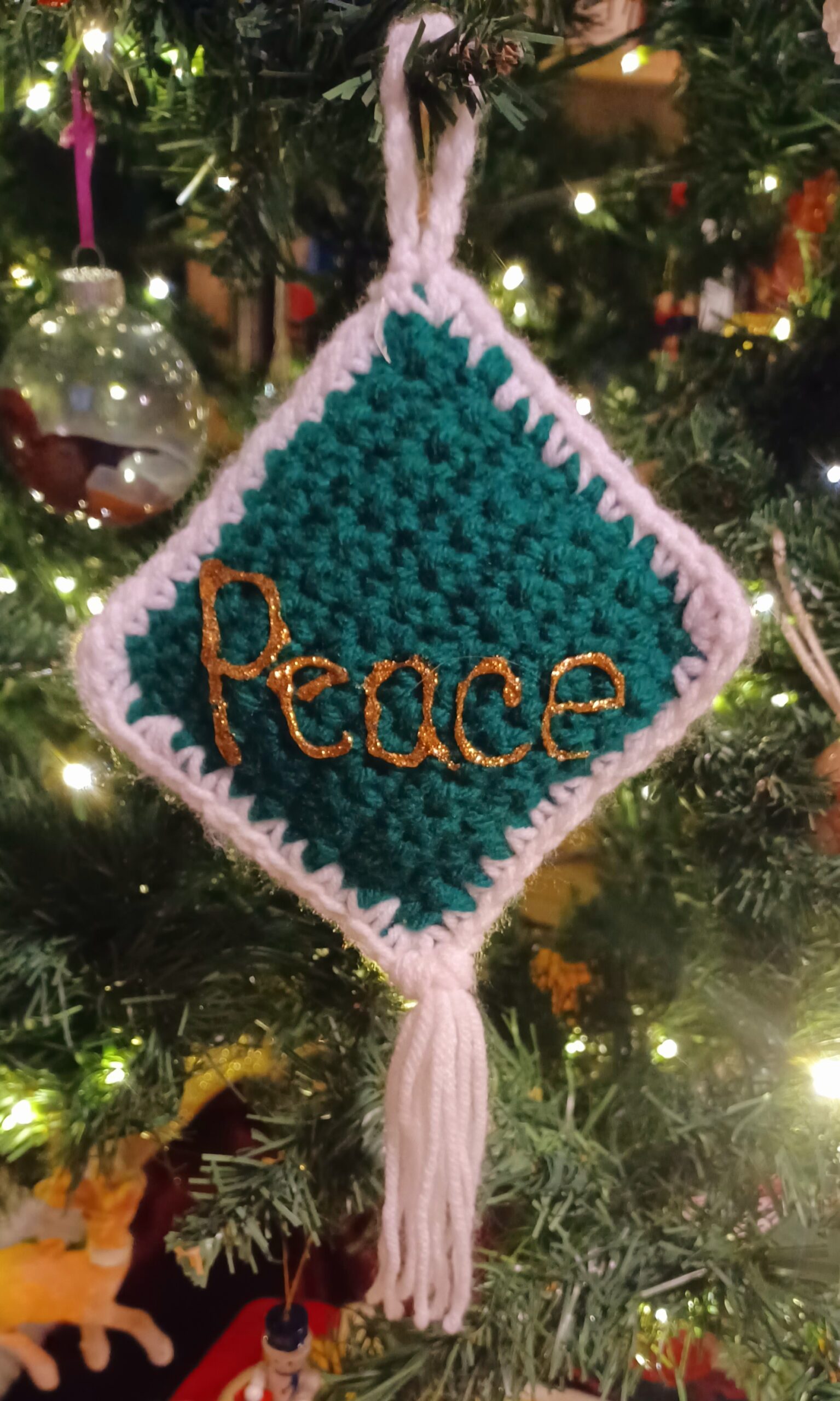
Advent 2 An Old Word
Ok, I’ll admit it. There are quests that send me down internet rabbit holes. Coming from a background in language, words are one of those quests. I love looking at old manuscripts, reading the Hebrew on the pages of Esther at the Royal Ontario Museum, having the privilege to look at pages of the Book of Kells, and declaring battle on Google translate’s work on French idioms.
Lots of words.
This week, we light the candle of peace. We have beautiful symbols around this time of year of peaceful scenes, starry nights, quiet mangers (that’s another story!). There are quotes that abound about peace and how we can ‘get it”. Then there are images of those who can’t even go to buy bread without fearing drone strikes, or those for whom mental health struggles mean that days and nights are full of visions of anything but peace.
So let’s take a look at that word. An ancient word, in many writings. A word we want to be true but it’s so, so hard to hold on to or make it last. Our own human history, no matter what culture or identity we hold, tells that struggle pretty clearly.
Peace.
We see the closest thing to the English word peace in Latin in the first century, though older words for peace exist in other languages and cultures. Regardless of the origin, almost all of the words for peace mean ‘freedom from war’. Not just the absence of war. Freedom from it–which means that policies and procedures and powers were in place so people didn’t have to worry about it. They would have time to rebuild, grow, laugh, eat, harvest, sleep.
Someone had to hold the peace for them, had to hold them in a state of freedom from war, while they did all that good, ordinary, day to day growth and life.
In that understanding of peace, we need someone powerful holding the peace intact. There are various ways through history that people did that, and do that today. Some good ways, some not so good. What is curious is, in that in older definitions of peace, peace was not something one could give oneself. Peace was a gift. Peace was held for you.
One of the most interesting twists of the word is in the English language. In Old English, the Latin word for peace (pax) actually replaced the word for happiness in a number of manuscripts in the 1500’s (Online Etymology Dictionary, complied by Douglas Harper ) What brought one happiness was the same power that brought one peace (which, given the culture in northern Europe in the 1500’s, made a lot of sense). And that equation works–how many moments of joy or happiness can we experience when we are worried about struggle or war?
When we wait and see how God’s peace works in the world, (and there are days when I wonder how long that will take, but I see glimmers here and there) we know that peace is rooted in all the things we see in those words of Isaiah’s: wisdom, justice, counsel (which would imply listening to all sides), knowledge about God. A peace that lets the world breathe again. A peace that lets people buy bread without fear, or go to school above ground rather than in tunnels because they are hiding from explosions above. A peace that lets a child sleep without fear that there will still be a safe roof over their head the next night. If we accept God’s peace, it is as a gift to be shared, not something to say, “this is just for me and I don’t have to worry if anyone else has some”. Peace does not come without struggle: we have the example of a Chrsit who suffered and died for us so we could have peace with God and work for God’s peace in the world. Still, even in the working, God offers peace, and keeps us going.
So when I think of this old word, this word that talks about freedom, I have to ask: who holds and gives peace for me? As we accept that gift, we can extend that peace to others – moment by moment, step by step. If we try to do it ourselves, we’re not big enough to hold that peace for everyone.
To think about this week:
- Who holds our peace? Who or what is offering you peace and is strong enough to make that offer real?
- Who holds and gives freedom from struggle for you–freedom for mental hurt, painful memories, struggles that you think you can’t handle all by yourself?
Who holds that kind of power to give peace?
For me, I can only think of one kid in a manger who can do that.
Also known as the (most ancient) Word made flesh.
Or the Prince of Peace.
May you know God’s peace deeply and fully this week, and may you have moments to share that peace with others.
Peace in Christ,
Susan
Photo and content © Susan Kerr 2024. Crocheted “Peace” ornament created by Deborah McVean. May not be reproduced or circulated without permission of the author.
.
